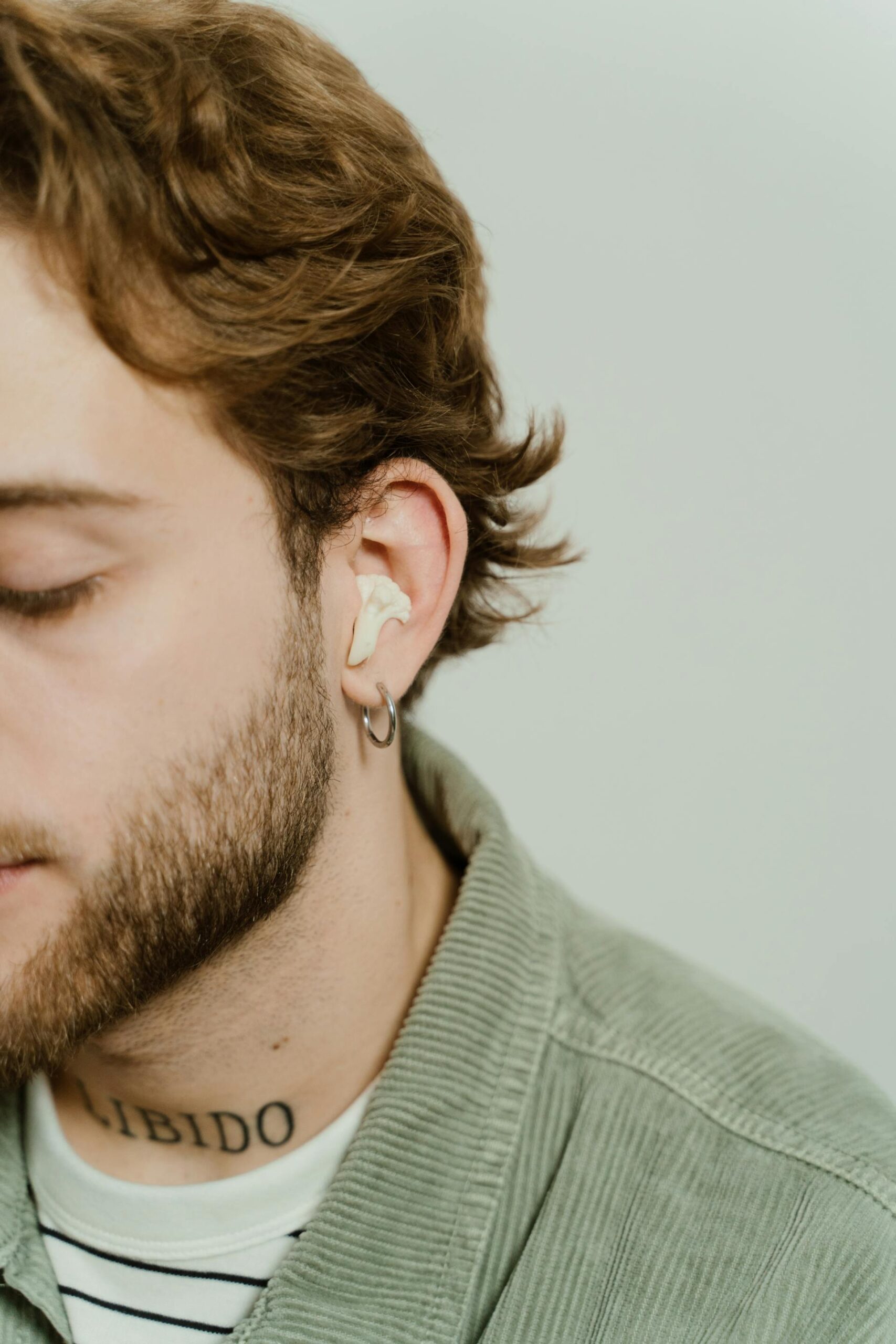KPop Demon Hunter Spoiler alert. This post is probably going to need one.
It’s a strange thing, isn’t it? How a song can just… hit you. Hard. Not just a toe-tapper or a catchy chorus, but a full-body, soul-shaking emotional response that seems to come out of nowhere.
We were watching an animated movie with our eldest son, a brilliant story about three K-Pop singers who hold back a world of demons. It has a great soundtrack and a good story, with lots of catchy songs and a nice narrative that’s easy to get into. We were having a lovely time. And then, towards the end, a song played that completely and utterly resonated with me. It’s called “What It Sounds Like”.
It’s one of those tracks that I think could be an anthem for so many people, a song that seems to describe so many different hidden experiences. But for me, its power was in how it spoke so directly to my own story.
The day after, listening to the soundtrack while working, it hit me properly. And when I say hit, I mean it broke me for a while. All that pain, all that history, just flooded out. Tears streamed down my face as the emotions became so strong, so raw, it was almost unbearable. But my goodness, I felt better for it.
“Nothing but the truth now… things that even I don’t understand”
Nothing but the truth now
Nothing but the proof of what I am
The worst of what I came from,
Patterns I’m ashamed of,
Things that even I don’t understand
These first lines… they spoke to a feeling I knew all too well. That lyric, “The worst of what I came from,” felt so true to my past self. For so long, that’s exactly how I saw my “patterns”—my tendency to get overwhelmed by noise, getting loud without meaning to, becoming dysregulated and emotional over things that others just… don’t. I used to feel like these traits were the worst of me. I’ve come to learn they aren’t flaws to be ashamed of at all. They’re integral, sometimes beautiful, parts of who I am—some of the most important, in fact. But for years, they were the things I hid, the things I pushed down deep, the traits that would shock people if they saw them. And, for most of my life, I had no idea why I experienced the world this way.
For me, the song struck two different chords, both of them deeply personal. Because those words also spoke of the years I spent hiding the fact I was gay. Pushing that fundamental part of myself down so no one could see it. Knowing who I was, but not daring to admit it, even to myself, because saying it would make it real. It would mean facing the fact that, in one single swoop, I could disappoint everyone I loved and dash all the hopes they had for me.
This is the heavy, exhausting work of masking. It’s a concept many autistic people know intimately. The conscious, or often subconscious, act of hiding your natural instincts, social differences, and internal experiences to fit in with a neurotypical world. It’s a survival strategy. And just like being in the closet, it drains an immense amount of your resources, leaving you feeling like a ghost in your own life.
“I tried to fix it… my head was twisted, my heart divided”
I tried to fix it,
I tried to fight it
My head was twisted,
My heart divided
My lies all collided
I don’t know why I didn’t trust you to be on my side
This part… this is the sound of that internal turmoil. It’s the sound of desperately trying to be a “straight-acting” teenager. The sound of mimicking the social chatter of others when your mind is screaming, of pretending you’re not about to shatter from sensory overload. It’s the sound of masking.
The hurt that this causes, especially during your most formative years, is immense. You’re living a lie, or rather, a dozen colliding lies, and you can’t even keep them straight. You never truly figure out who you are because you’re so busy burying the person you suspect you might be. You learn not to trust your own instincts, and you certainly don’t trust that anyone would be on your side if they saw the real you.
“I broke into a million pieces… beauty in the broken glass”
I broke into a million pieces,
Aand I can’t go back
But now I’m seeing all the beauty in the broken glass
These lines are for every time I’ve burnt out. Every time I’ve hit the bottom, utterly spent from the effort of holding it all together. Those moments when you feel broken… smashed into a million tiny pieces.
And it’s true, after the fact, you can look back and see the beauty in how you pulled those pieces back together. You can see the resilience. But honestly? I wish I never had to be that resilient. I wish there was never the need to break in the first place. These moments of collapse aren’t just endings, though. They are brutal, painful, and unwanted, but they are also the points where the mask finally cracks for good. They are the moments that force you to stop, to reassess, and to begin, slowly, to rebuild yourself in a more honest, authentic way.

“The scars are part of me… this is what it sounds like”
The scars are part of me,
Darkness and harmony
My voice without the lies, this is what it sounds like
And that’s the thing. You carry those cracks with you. The scars don’t just vanish. You are forever changed by the experience, and eventually, you learn to accept that. That last line is everything. It’s the sound of finally opening up. The sound of coming out. The sound of unmasking and letting yourself be seen, darkness, harmony, and all.
This is why, when the song hit me, I didn’t turn it off. I turned it up. I listened to it on a loop and I felt every single word. When something speaks to you like this, when a piece of art validates your entire existence, I think you have to go with it. You have to embrace it like a gift. It’s a release valve, a form of catharsis that words alone can’t always provide. Feel those emotions. Let the tears come. It’s your body and mind finally letting go of energy they’ve been holding for years.
“We’re shattering the silence… I’ll be right here by your side”
We’re shattering the silence,
We’re rising, defiant
Shouting in the quiet,
“You’re not alone”
…So we we’re cowards, so we we’re liars So we’re not heroes, we’re still survivors
This verse is so hopeful, a powerful, defiant roar. And what makes it even more powerful is that this is the moment in the movie where all three voices join together. They sing in harmony, repeating the earlier verses, but this time as one. It’s the sound of unity, of community. For me, it’s the feeling of finally coming out and just… being. Being me. A gay man. An autistic man. No longer hiding.
And now, it’s the feeling of realising I’m different in another fundamental way. I’m autistic. I was never meant to be like everyone else. I’ve survived the confusion, the closet, the masking, the burnout. And I am so, so tired. But as tired as I am, if I see someone else struggling in that quiet, if I see someone who looks like they might be one of my people, I’d be by their side in a heartbeat.
Because that’s what finding your anthem does. It reminds you that you aren’t alone. It shatters the silence with a chorus of voices. It’s the song of your soul, finally being sung out loud, with others joining in.

Leave a Reply